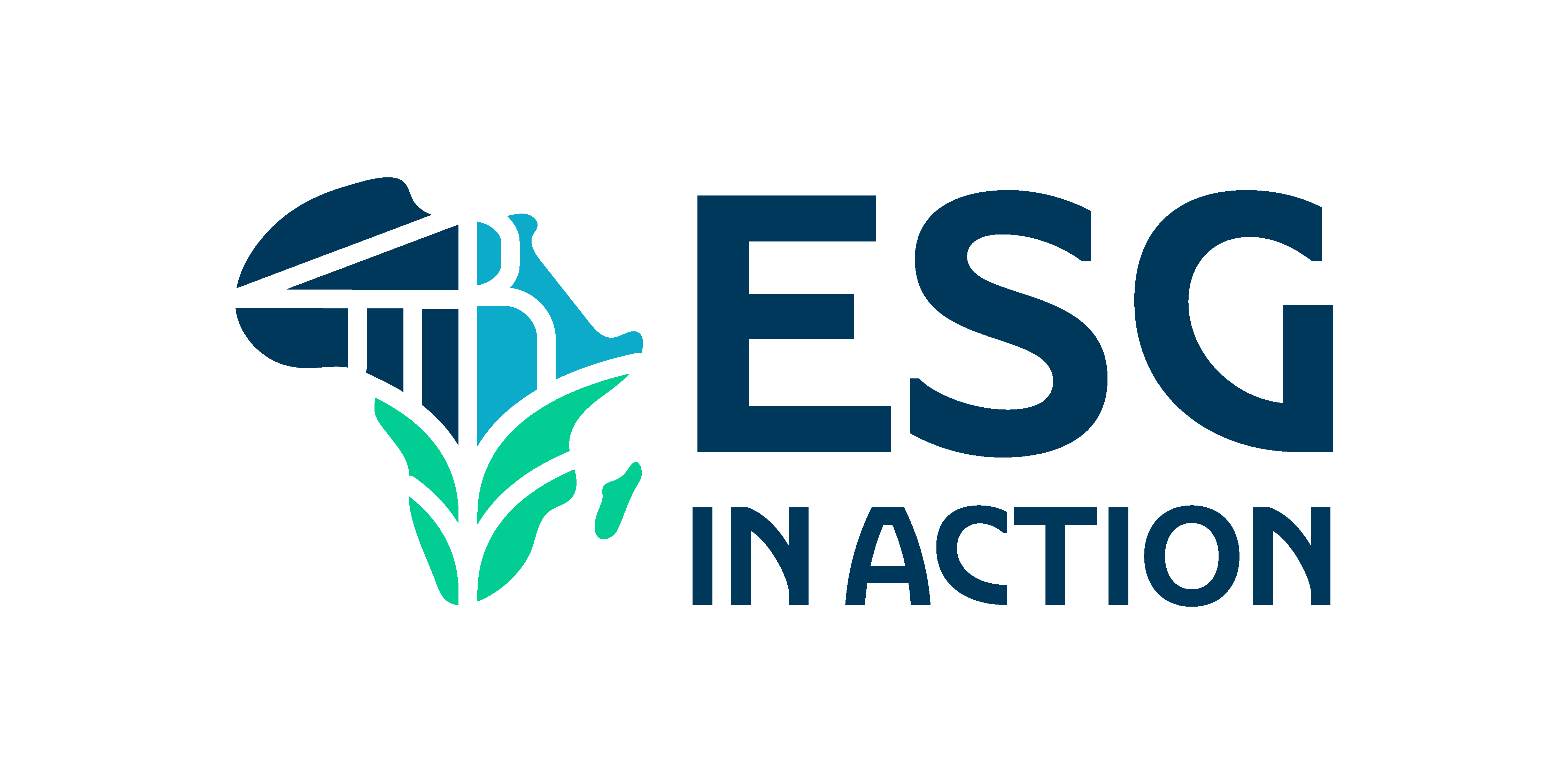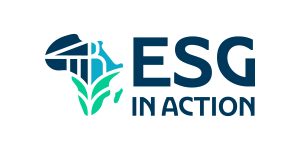
ACCELERATING ACTION: Why There Must Be a Call to Do More, Not Less
Another International Women’s Month is here, and while International Women’s Day (IWD) on March 8th was an important moment to reflect and celebrate, the real work continues beyond a single day. This year’s theme, “Accelerate Action,” is more than a slogan. It is a directive and we are all for it! We cannot afford to move at the slow pace of progress we have seen over the years, especially as global momentum on diversity, equity, and inclusion (DEI) initiatives has begun to flip.
The Growing Threat to DEI Initiatives


In recent months, there has been a concerning trend of governments and corporations rolling back their commitments to DEI initiatives. In the United States, President Donald J. Trump signed executive orders rolling back DEI programmes within the federal government and among government contractors. This has led to major firms also scaling back their DEI efforts. Similarly, across Europe and Africa, economic shifts have led to cuts in foreign aid and support that once fueled initiatives for women’s advancement. Still, the gender gap remains a pressing issue, with the World Economic Forum’s (WEF) Global Gender Gap Report 2024 estimating that at the current pace, it will take 131 years to close the gap completely.
For Africa, where economic disparity is already a challenge, the consequences of such setbacks are even more severe. We cannot afford to let half of our population remain underrepresented in key sectors. Instead of rolling back commitments, we must strengthen them. Women’s economic empowerment is not just a moral imperative; it is an economic necessity. The McKinsey Global Institute reports that advancing gender equality could add $12 trillion to global by the end of this year. That is not a statistic we can ignore.


Slowing down is not an option, and the only path must be forward. If the rest of the world is deciding to retreat, we need to forge forward. We have little choice but to take bold, decisive steps to protect and accelerate progress in key areas that impact women’s rights and economic empowerment. Here are some areas we believe we need to push forward on, rather than rescind:
STEM Education: Securing the Future for Women


One of the most powerful ways to secure long-term economic empowerment for women or the girl child is through STEM education. Despite growing awareness, the gender imbalance in science, technology, engineering, and mathematics remains significant. The United Nations Educational, Scientific and Cultural Organisation (UNESCO) reports that women make up only 35% of STEM professionals globally. Unfortunately, with much lower numbers in Africa. This gap is not just about representation, as it limits innovation and economic progress.
To change this, we must not only increase access to STEM education for girls but also create environments where they can thrive and lead. This means investing in mentorship programmes, redesigning curricula to be more inclusive (not easier), and ensuring that women in STEM are given leadership opportunities. Africa’s future in technology, healthcare, and engineering depends on the inclusion of women in these fields.
Economic Empowerment: Bridging the Financial Gap


Beyond education, financial independence is a critical pillar of gender equity. Women-led businesses are proven drivers of economic growth, yet they continue to face barriers to funding. The International Finance Corporation (IFC) estimates that women entrepreneurs in Africa face a $42 billion financing gap, and the impact of this is far-reaching. When women can’t access the capital needed to start or scale their businesses, entire communities lose out on job creation and economic stability.
Financial institutions must also take deliberate steps to remove biases in lending and investment. Gender-lens investing should no longer be a niche concept but a mainstream strategy. The public and private sectors should prioritise funding opportunities for women-owned enterprises, ensuring that access to capital is based on merit.
Pay Equity and Inclusive Workplaces


Equal pay for equal work is a fundamental right, yet women across the world continue to earn significantly less than men. The International Labour Organisation (ILO) reports that, on average, women earn 20% less than men. In Africa, where informal labour is widespread, women often work longer hours for lower pay with little to no legal or social protection.
We need to stress that closing the gender pay gap is not just about fairness – it is about economic progress. When women earn more, they reinvest in their families, education, and businesses, creating a multiplier effect that benefits entire economies. Companies must take the lead by conducting pay audits, addressing wage disparities, and creating pathways for women to advance into leadership roles.
Recognising and Valuing Unpaid Care Work


One of the most overlooked factors holding women back is the burden of unpaid care work. Across Africa, women bear the primary responsibility for caregiving, limiting their ability to pursue education, careers, and leadership opportunities. This imbalance not only affects women’s economic mobility but also reinforces systemic gender inequality.
This is why valuing unpaid care work requires policy reforms that support caregivers. Governments need to implement measures such as paid parental leave, state-supported childcare, and workplace flexibility. These changes are not only beneficial to women but contribute to overall economic growth by enabling more women to remain in the workforce. If women leave the workforce, how could they rise to leadership positions in large numbers – putting an end to the problem of ‘not enough female leaders to choose from’?
The Cost of Inaction?


The cost of gender inequity is too high to ignore. Every year we delay action, we lose billions in economic growth, innovation, and social progress. More women are denied opportunities, more families struggle under financial burdens, and more lives are affected by gender-based violence.
Again, we must not see this as a women’s issue; it is a human and economic issue. International Women’s Day (month) should not be about passive recognition and token events but about recommitting to change. The call to accelerate action is not for policymakers and corporations but for all of us.
Of course, this is another month to celebrate progress (tiny as it is), but more importantly, it is a time to recommit to the work ahead. The theme “Accelerate Action” must not be treated as a catchphrase but as a challenge to every government, institution, and individual.
A Call to Accelerate Action


You see, progress does not happen through passive advocacy or once-a-year campaigns. It requires sustained effort, concrete policy reforms, financial investments, and a shift in cultural attitudes.
- Governments must pass stronger laws protecting women’s rights and enforce them rigorously.
- Financial institutions must break down barriers that prevent women from accessing funding.
- Schools and universities must redesign STEM curricula to ensure that more girls not only enter the field but also thrive and lead.
- Organisations must be held accountable for their gender commitments, ensuring that DEI is not an afterthought but a core business principle.
- In fact, as a society, we must demand justice, inclusion, and fairness. This must not only be words but measurable actions.
Now is the time to push forward, not pull back. Now is the time to demand better policies, stronger financial support, and a future where women are not fighting for a seat at the table but leading from the front.
Because when women rise, societies thrive.



